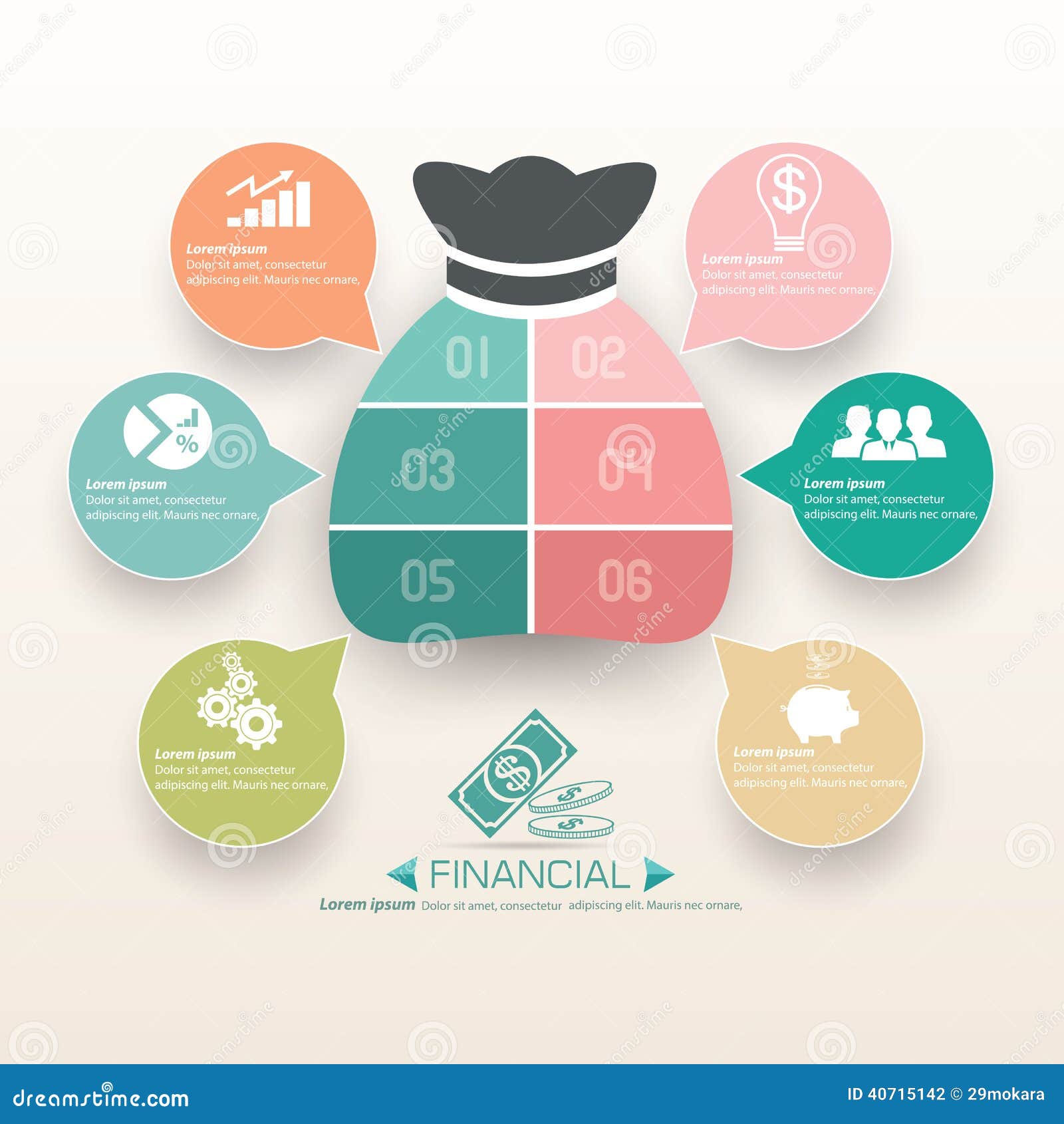Discover The Hidden Costs And Effects Of Overlooking An Efficiency Bond, And Understand Why It's Important To Stay Away From This Expensive Mistake
Discover The Hidden Costs And Effects Of Overlooking An Efficiency Bond, And Understand Why It's Important To Stay Away From This Expensive Mistake
Blog Article
Article Writer-
When a guaranty issues a performance bond, it assures that the principal (the event that buys the bond) will certainly meet their responsibilities under the bond's terms. If the principal stops working to fulfill these obligations and defaults on the bond, the surety is accountable for covering any kind of losses or damages that result.
1. Loss of credibility: Back-pedaling an efficiency bond can damage the principal's online reputation and reliability, making it harder to secure future service or financing.
2. Legal and management costs: The guaranty may need to pay legal and administrative expenses associated with seeking the principal for problems or attempting to rectify the scenario.
3. simply click the up coming web site : The guaranty might require to cover the cost of completing the task or providing the solutions that the principal fell short to deliver. This can result in significant financial losses for the guaranty.
4. Increased costs: If the principal has a history of back-pedaling efficiency bonds, they may be needed to pay higher costs in the future to get the required bonding.
Overall, back-pedaling an efficiency bond can have significant financial effects for both the principal and the surety. It's important for principals to meticulously consider their obligations and guarantee they have the ability to meet the terms of the bond to prevent these adverse outcomes.
Defaulting on an efficiency bond can be a pricey error for businesses. When you stop working to meet the bond's commitments, the financial effects can be considerable. From paying the full bond amount to prospective legal fights and damaged connections, the effects can reverberate throughout your service procedures. Recognizing the detailed internet of economic effects that back-pedaling a performance bond can have is important for guarding your business's monetary health and wellness and track record.
Financial Penalties for Defaulting
If you back-pedal an efficiency bond, you'll likely face significant financial penalties. surety companies can vary depending upon the regards to the bond agreement but usually entail paying the bond amount completely to the obligee. This indicates that if you stop working to fulfill your legal responsibilities, you should pay the bond amount to the project proprietor or the entity that needed the bond.
In addition, you may also be accountable for any additional costs incurred by the obligee as a result of your default, such as locating a substitute professional or covering job hold-ups.
Defaulting on a performance bond can likewise cause legal charges and court prices if the obligee chooses to take legal action versus you to recover the bond amount. These expenditures can quickly accumulate, more exacerbating the financial effect of your default. It's essential to meticulously examine and understand the terms of the efficiency bond to stay clear of these extreme financial penalties.
Impact on Company Capital
Defaulting on a performance bond can considerably affect your organization cash flow, affecting monetary stability and functional abilities. When Read Far more -pedal an efficiency bond, you risk losing the bond quantity, which can be a substantial amount. This loss straight affects your capital, as you'll need to find different sources of moneying to cover the bond amount. In addition, defaulting can result in increased examination from sureties, making it more challenging and a lot more pricey to safeguard bonds in the future. This can further strain your capital as you might require to designate added sources to satisfy bonding requirements.
The impact on your capital doesn't quit there. Back-pedaling a performance bond can additionally result in project delays or terminations, leading to a loss of profits. In addition, the negative credibility that comes with skipping can hinder potential customers, better minimizing your capital. Overall, defaulting on a performance bond can have detrimental effects on your company's monetary health and ability to operate efficiently.
Lawful Implications and Legal Actions
Dealing with lawful ramifications and potential legal actions due to defaulting on a performance bond can considerably influence your company's credibility and financial standing. When you default on an efficiency bond, the surety company may take lawsuit to recoup the bond amount paid. This might lead to expensive legal costs, court expenditures, and potential negotiations or judgments versus your company.
Moreover, back-pedaling an efficiency bond may result in harmed relationships with clients, subcontractors, and providers, influencing your capability to safeguard future agreements. Lawsuits arising from bond defaults can taint your service's trustworthiness in the sector, making it challenging to draw in brand-new companions or consumers.
Additionally, if the default leads to a court judgment against your company, it could lead to possession seizure or liens, even more straining your financial security. Therefore, it's crucial to comprehend the legal implications of back-pedaling a performance bond and take positive steps to alleviate the threats involved.
Conclusion
As you deal with the effects of back-pedaling a performance bond, remember this: it resembles walking a tightrope without a safeguard. One incorrect relocation can send you plummeting right into a financial freefall, without means to stop the loss.
The financial penalties, capital influence, and lawful implications are all waiting to catch you if you mistake. So tread carefully, and constantly honor your dedications to avoid the harsh effects of default.
